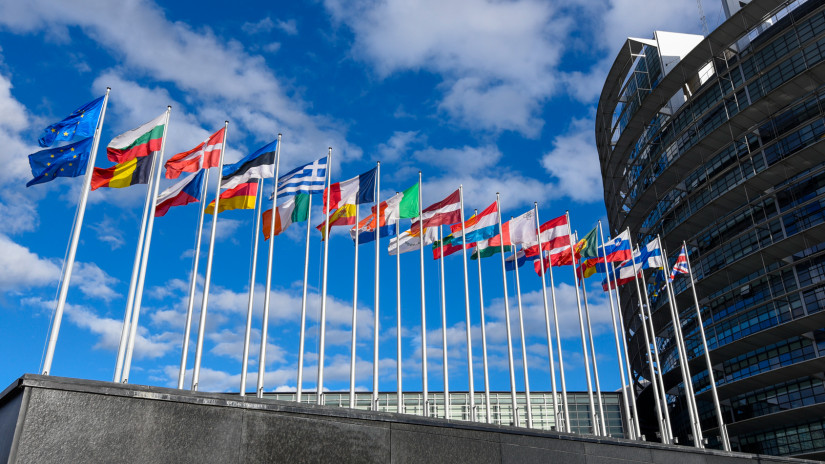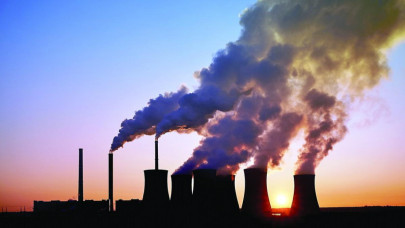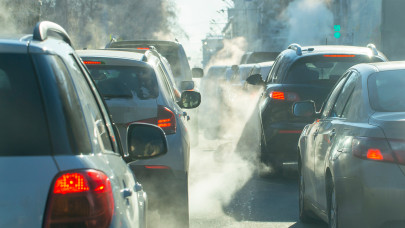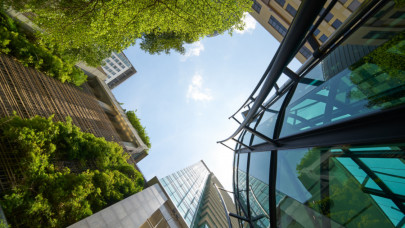The main tool for reaching zero emissions is rapidly reducing greenhouse gas emissions and the EU has been making progress in this regard. However, removing carbon dioxide from the atmosphere will be necessary to complement emission cuts. This is because it is difficult to reach zero emissions in some sectors, such as agriculture, cement and steel production, or aviation and maritime transport.
The EU is working on a certification scheme to make sure any carbon removals in the EU create clear benefits for the environment. The aim is also to prevent greenwashing, which is when companies claim to be more environmentally friendly than they are.
Carbon removals are activities that remove and durably store carbon dioxide from the atmosphere. There are several ways of doing this, including:
- Permanent storage (carbon is captured directly in the air and stored in a stable form)
- Carbon farming, meaning activities that increase carbon capture in soils and forests (for example forest restoration, peatland, and wetland management)
- Carbon storage in products (for example carbon captured by trees is stored in wood-based constructions)
To encourage and accelerate the deployment of effective, high-quality carbon removal activities in the EU, the European Commission proposed in November 2022 to establish an EU-wide certification scheme for carbon removals.
Certification would ensure carbon removal activities are measured accurately, store the carbon for as long as possible, and benefit - or at the very least do not hamper - other environmental goals, such as biodiversity, zero pollution, and the circular economy.
Harmonized certification would help build trust and steer financing for carbon removal activities from both public and private sources.
The European Parliament has repeatedly stressed that it views reducing emissions as the main path towards climate neutrality and that carbon removal is a way to complement these efforts.
Parliament's environmental committee endorsed in October 2023 the carbon removal certification scheme. Committee members suggested setting up an EU-wide registry to ensure transparency of the scheme, provide information to the public, and avoid the risk of fraud and double counting of carbon removals.
Parliament will vote on the proposal in November 2023, after which it will be ready to start negotiations with the Council on the final text of the legislation.














